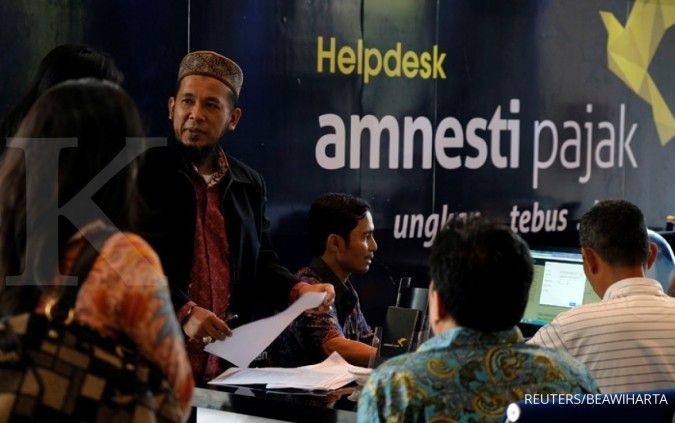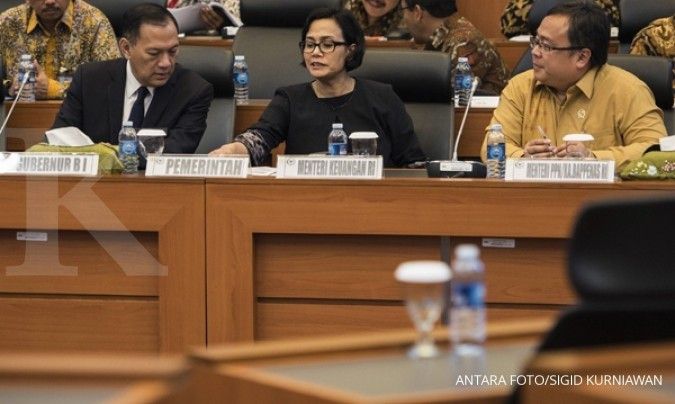JAKARTA. Plenary session of the House of Representatives (DPR) finally passed the Law on 2017 State Budget. At a certain level, the 2017 State Budget reflects the fiscal policy of Minister of Finance Sri Mulyani.
When delivering government’s final opinion on the Draft of Law on 2017 State Budget at the plenary session on Wednesday (26/10), Sri Mulyani stressed that the budget applies efficiency principles.
She also only accommodated significant expenditures in the 2017 State Budget, on the grounds that domestic economy will still grow slowly.
The slow economy reflects on the target of economic growth, which only stands at the level of 5.1%. “The budget for ministries and government institutions’ will only be allocated to productive and urgent expenditures”, Sri Mulyani said.
Government and DPR finally agreed on the expenditure budget for ministries and government institutions, which amounted to Rp 763,6 trillion. This number is IDR5.2 trillion higher than the expenditure budget specified under 2017 State Budget Plan. However, the budget was lower than the expenditure budget under 2016 Revised State Budget that amounted to Rp 767.8 trillion.
The budget still has high potential fiscal risks, despite government claimed to apply efficiency in formulating the budget. In this case, the government should maximize fiscal space to drive economic growth.
Economist of Bank Permata Josua Pardede said that the lower government expenditure does not necessarily reflect a stable budget, on the grounds that government expenditure still depends on taxation revenues.
Josua said that the target of 2017 taxation revenues may be missed, despite the government had succeeded to conduct tax amnesty program. “If the government fails to apply the success of tax amnesty to start reform on taxation reform, then the tax amnesty will be futile”, he said.
The 2017 State Budget sees for an increase in target of taxation revenues from Rp 1,495 trillion as specified under 2017 State Budget Plan to Rp 1,498.87 trillion. However, this number is lower than the target of taxation revenues under 2016 Revised State Budget that amounted to Rp 1,539.2 trillion.
Maintaining purchasing power
Josua reminded that in 2017 government can no longer rely on monetary policy to stimulate economic growth. Therefore, “Do not let fiscal space be constrained”, he added. In the future, government spending, including household consumption and Gross Fixed Capital Formation (PMTB) will stimulate economic growth.
On the other hand, member of DPR from Gerindra faction Kardaya Warnika expects that government may increase public purchasing power through 2017 State Budget, “The improved public purchasing power will increase public consumption”, he said.
(Muhammad Farid/Translator)
/2016/10/25/1921010056p.jpg)











